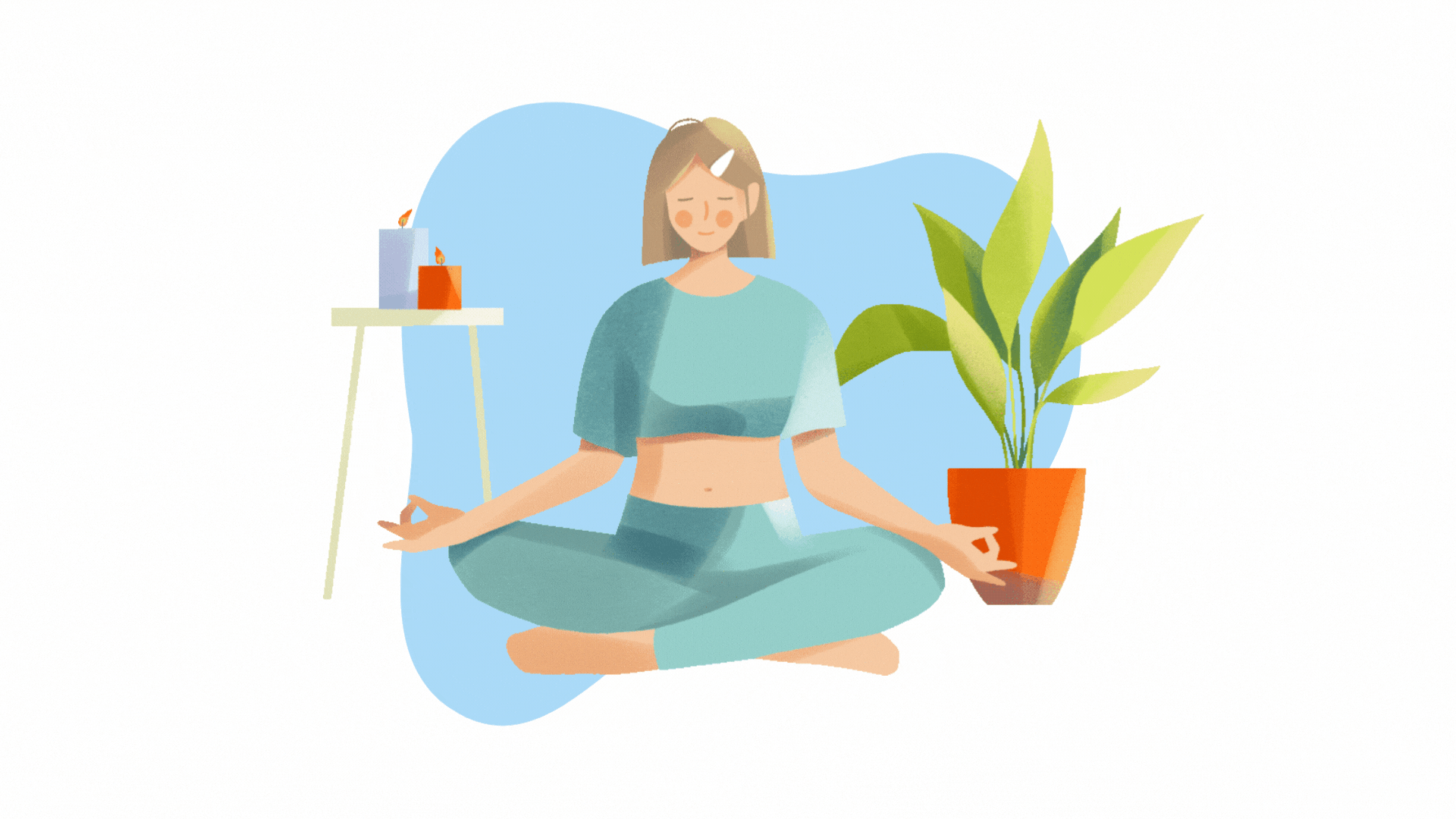Mind matters: Mindfulness as means to bolster your wellness
By: Jose Francis M. Llenado, Licensed Psychologist, Workforce Development Consultant, Untapped Talent
The practice of mindfulness has been the highlight of most mental health activities, especially in the last decade. It is practice that has been quietly transforming lives across campuses, clinics, and communities. Rooted in ancient eastern traditions and backed by modern science, mindfulness is more than a buzzword—it’s a proven strategy for cultivating mental resilience, emotional balance, and bolstering overall well-being.
What it is: Mindfulness simply means being deliberate and purposeful with how think, feel and subsequently act. This is easier said than done, as we often run on autopilot most of the time; drifting by our motives and drives. The practice of mindfulness is literally switching off our autopilot and simply being aware of our own internal mechanisms and how they play out in our actions.
How it works: Mindfulness involves paying purposeful, nonjudgmental attention to the present moment. Whether through breath awareness, meditation, or mindful movement this practice helps individuals navigate stress, anxiety, and emotional turbulence with greater clarity and calm. It does this by enabling one to have a detached, yet clear awareness of the present moment; how we think, feel, and what we are compelled to do at this moment in time, which allows us to regulate ourselves and find a moment of peace and clarity.
Why it works: According to the American Psychological Association (2019), mindfulness meditation has been shown to reduce stress, enhance immune function, and improve mental and physical health by rerouting brain pathways linked to emotion and attention, this is done through training the brain’s attention and fostering nonjudgmental awareness of the present moment through contemplative processes that allow for an authentic lived experience.
What’s the evidence: Recent studies reinforce its impact A comprehensive review by van Agteren et al. (2021) found that mindfulness-based interventions (MBIs) like Mindfulness-Based Stress Reduction (MBSR) and Mindfulness-Based Cognitive Therapy (MBCT) significantly improve emotional regulation, reduce stress biomarkers, and foster prosocial behavior. These benefits extend into healthcare, education, and workplace settings, making MBIs a scalable and cost-effective solution for diverse populations. Moreover, a global meta-analysis by Galante et al. (2023) confirmed that MBIs reduce psychological distress—including anxiety and depression—with effects lasting up to six months post-intervention. Importantly, these benefits were consistent across age, gender, education level, and baseline mental health, suggesting that mindfulness is universally accessible and effective. Among university students, the impact is especially promising. Zuo et al. (2023) found that MBIs significantly reduced depression, anxiety, and stress while improving sleep quality. Although mindfulness scores themselves didn’t show significant change, the overall mental health benefits were clear—especially in programs lasting eight weeks or more.
When to use it: Here’s the best part: mindfulness is free and can be used when you are feeling down, overwhelmed, worried, or just need a quick break. Guided practices can vary from 5 minutes to 30 minutes and can be done through many resources available online:
Let’s give it a try:
You may try a Brief version:
Brief Stress Meditation: https://www.youtube.com/watch?v=Ix73CLI0Mo0
You may also try a more Thought and Emotion focused process:
Mindfulness of thoughts and emotions: https://www.youtube.com/watch?v=r6POZgrF-0g
Acceptance and Commitment Therapy: https://www.youtube.com/watch?v=afS3wfTG4LA
You may also try one that is focused on your mind-body connection:
Non-Sleep Deep Rest Protocol: https://www.youtube.com/watch?v=AKGrmY8OSHM&t=1s
Takeaways
Mindfulness is accessible, adaptable, and scalable. It’s being used in classrooms, clinics, and workplaces to promote resilience and prevent burnout. As we face rising mental health challenges globally, mindfulness offers a gentle yet powerful tool for healing—starting with a single breath. let mindfulness be a reminder: healing doesn’t always require complexity. Sometimes, it begins with a breath, a pause, and a moment of presence. Whether you're a student, educator, healthcare worker, or simply someone seeking balance, mindfulness offers a gentle yet powerful path toward mental wellness.
Refrences
Zuo, X., Tang, Y., Chen, Y., & Zhou, Z. (2023). The efficacy of mindfulness-based interventions on mental health among university students: A systematic review and meta-analysis. Frontiers in Public Health, 11, Article 1259250. https://doi.org/10.3389/fpubh.2023.1259250
American Psychological Association. (2019, October 30). Mindfulness meditation: A research-proven way to reduce stress retrieved from https://www.apa.org/topics/mindfulness/meditation
van Agteren, J., Bartholomaeus, J., Fassnacht, D. B., Iasiello, M., Ali, K., Lo, L., & Kyrios, M. (2021). Mindfulness-based interventions: An overall review. British Medical Bulletin, 138(1), 147–160 retrieved from https://pmc.ncbi.nlm.nih.gov/articles/PMC8083197/pdf/ldab005.pdf
Galante, J., Friedrich, C., Collaboration of Mindfulness Trials (CoMinT). et al. Systematic review and individual participant data meta-analysis of randomized controlled trials assessing mindfulness-based programs for mental health promotion. Nat. Mental Health 1, 462–476 (2023). https://doi.org/10.1038/s44220-023-00081-5


